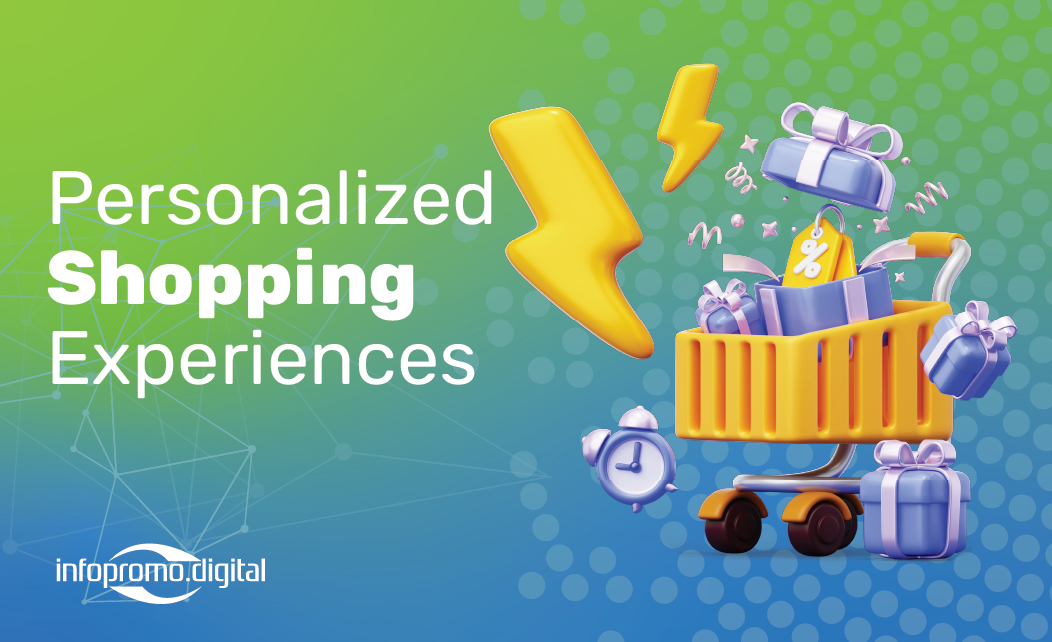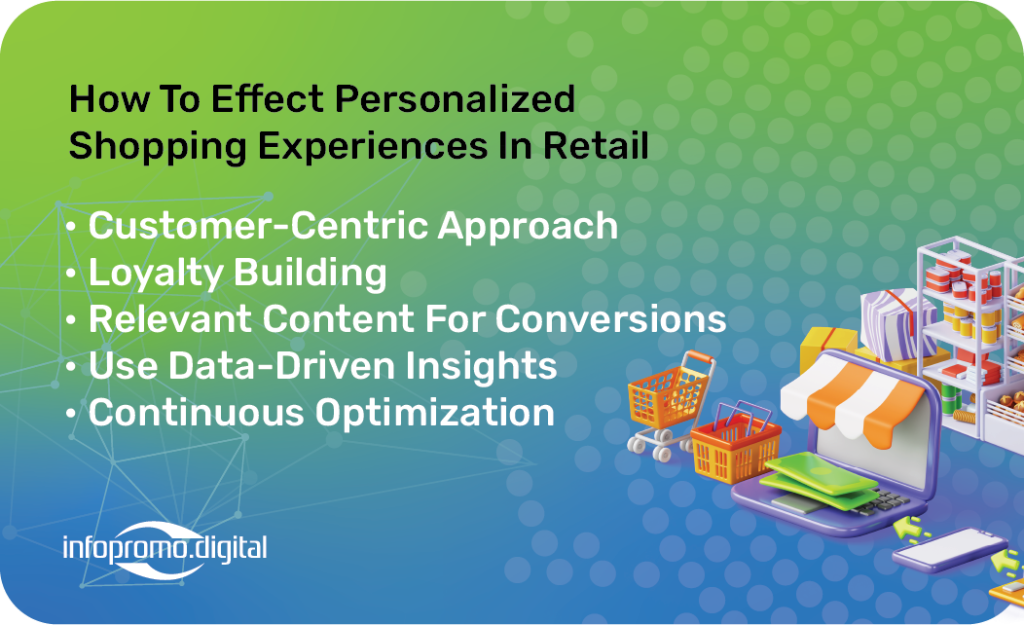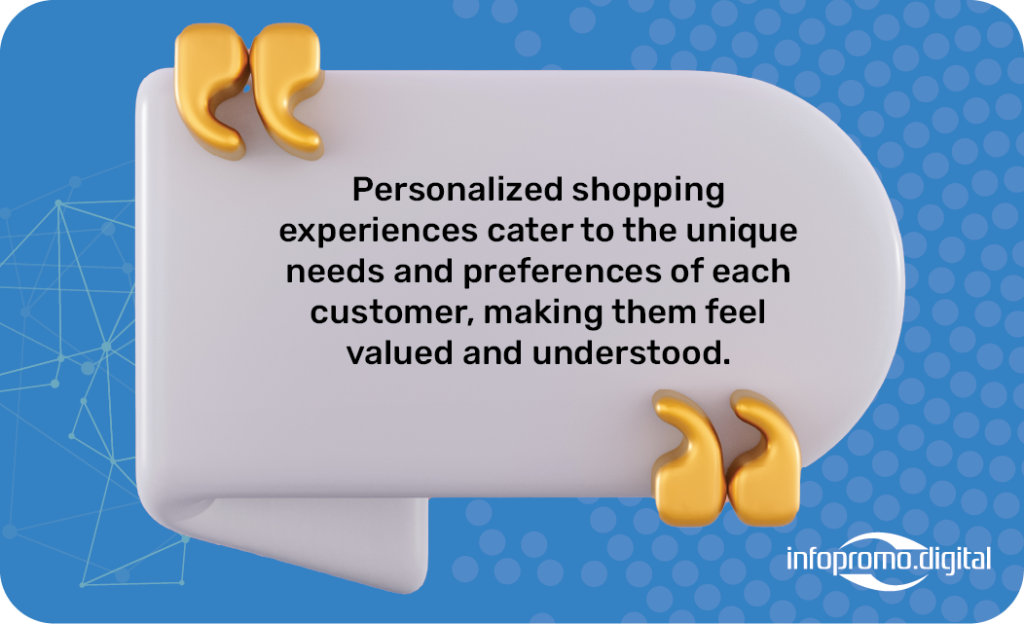
In the competitive world of e-commerce, personalization has become a key strategy for businesses aiming to enhance customer satisfaction and loyalty. By tailoring shopping experiences to individual preferences and behaviors, companies can create a more engaging and relevant customer journey. This blog explores the importance of personalization in e-commerce and how it can drive customer satisfaction and loyalty.

The Power of Personalization Personalization involves using customer data to deliver customized experiences, from product recommendations to personalized marketing messages. By leveraging technologies like artificial intelligence (AI) and machine learning (ML), businesses can analyze customer behavior and preferences to provide targeted content and offers. This not only enhances the shopping experience but also increases the likelihood of conversions and repeat purchases.
Enhancing Customer Satisfaction Personalized shopping experiences cater to the unique needs and preferences of each customer, making them feel valued and understood. For example, personalized product recommendations based on past purchases or browsing history can help customers find what they’re looking for more quickly and easily. Similarly, personalized email campaigns with tailored content and offers can engage customers more effectively, leading to higher satisfaction levels.
Building Customer Loyalty Personalization plays a crucial role in building customer loyalty. When customers feel that a brand understands and caters to their needs, they are more likely to return and make repeat purchases. Loyalty programs that offer personalized rewards and incentives based on individual shopping habits can further enhance customer retention. Additionally, personalized customer service, such as chatbots that remember past interactions, can provide a seamless and satisfying support experience.
Boosting Sales and Conversions By delivering relevant and timely content, personalization can significantly boost sales and conversions. Personalized product recommendations, for example, can increase the average order value by suggesting complementary or higher-value items. Dynamic pricing strategies that offer personalized discounts based on customer behavior can also encourage more frequent purchases. Moreover, personalized marketing campaigns that target customers with relevant offers at the right time can drive higher engagement and conversion rates.

Implementing Personalization in E-Commerce To successfully implement personalization, e-commerce businesses need to collect and analyze customer data effectively. This involves using advanced analytics tools to gain insights into customer behavior and preferences. Integrating personalization technologies, such as AI and ML algorithms, into the e-commerce platform can automate the delivery of personalized experiences. Additionally, continuously monitoring and optimizing personalization strategies based on customer feedback and performance metrics is crucial for sustained success.
Conclusion Personalization is a powerful tool for e-commerce businesses looking to enhance customer satisfaction and loyalty. By leveraging customer data and advanced technologies, companies can create personalized shopping experiences that resonate with customers and drive business growth. Embrace the power of personalization to stay competitive and build lasting customer relationships.




